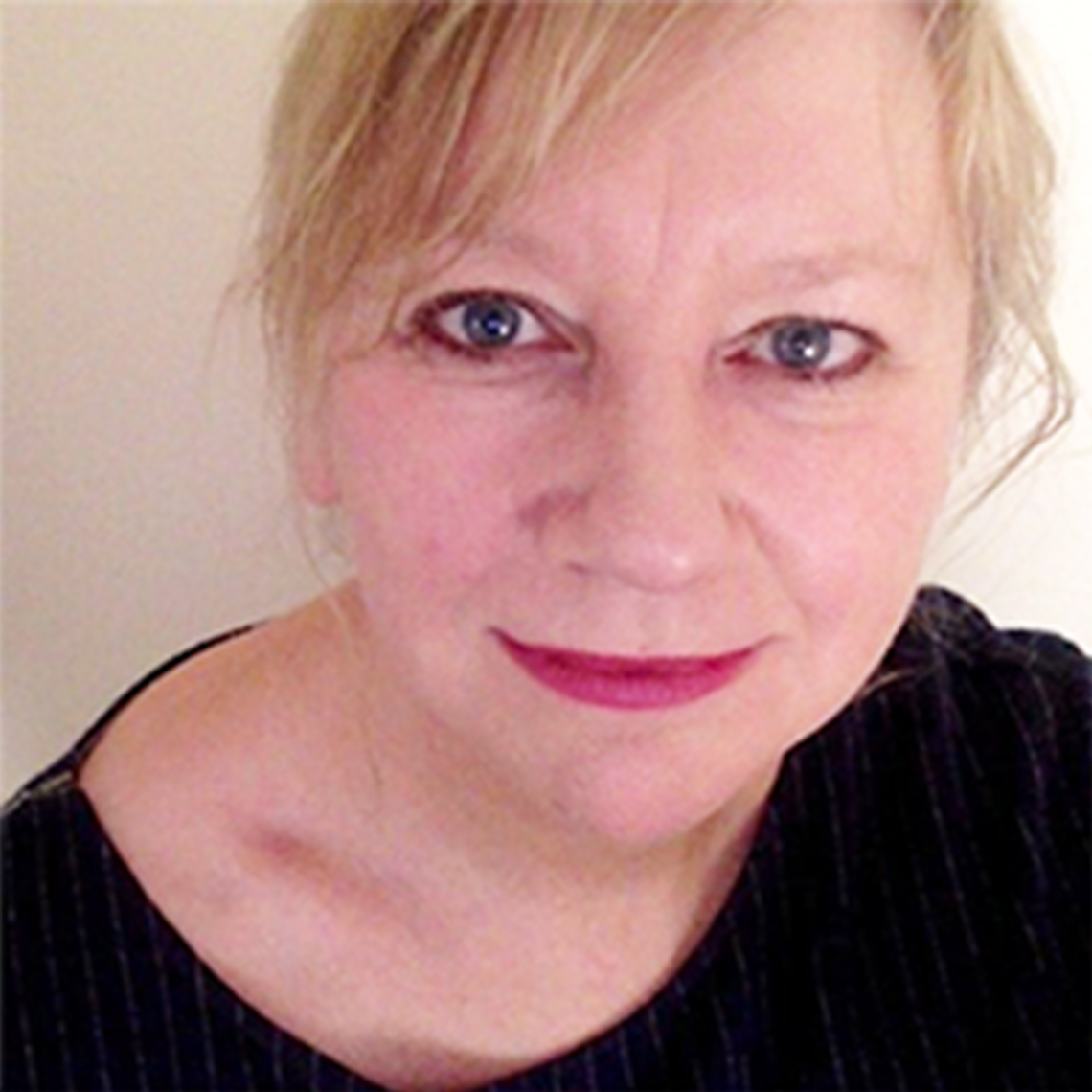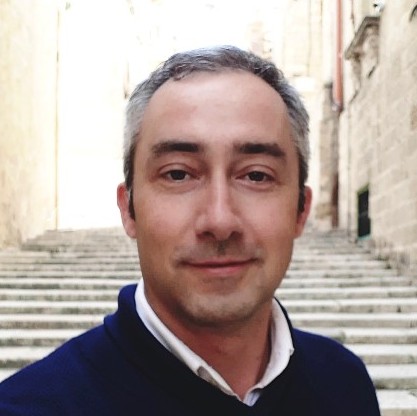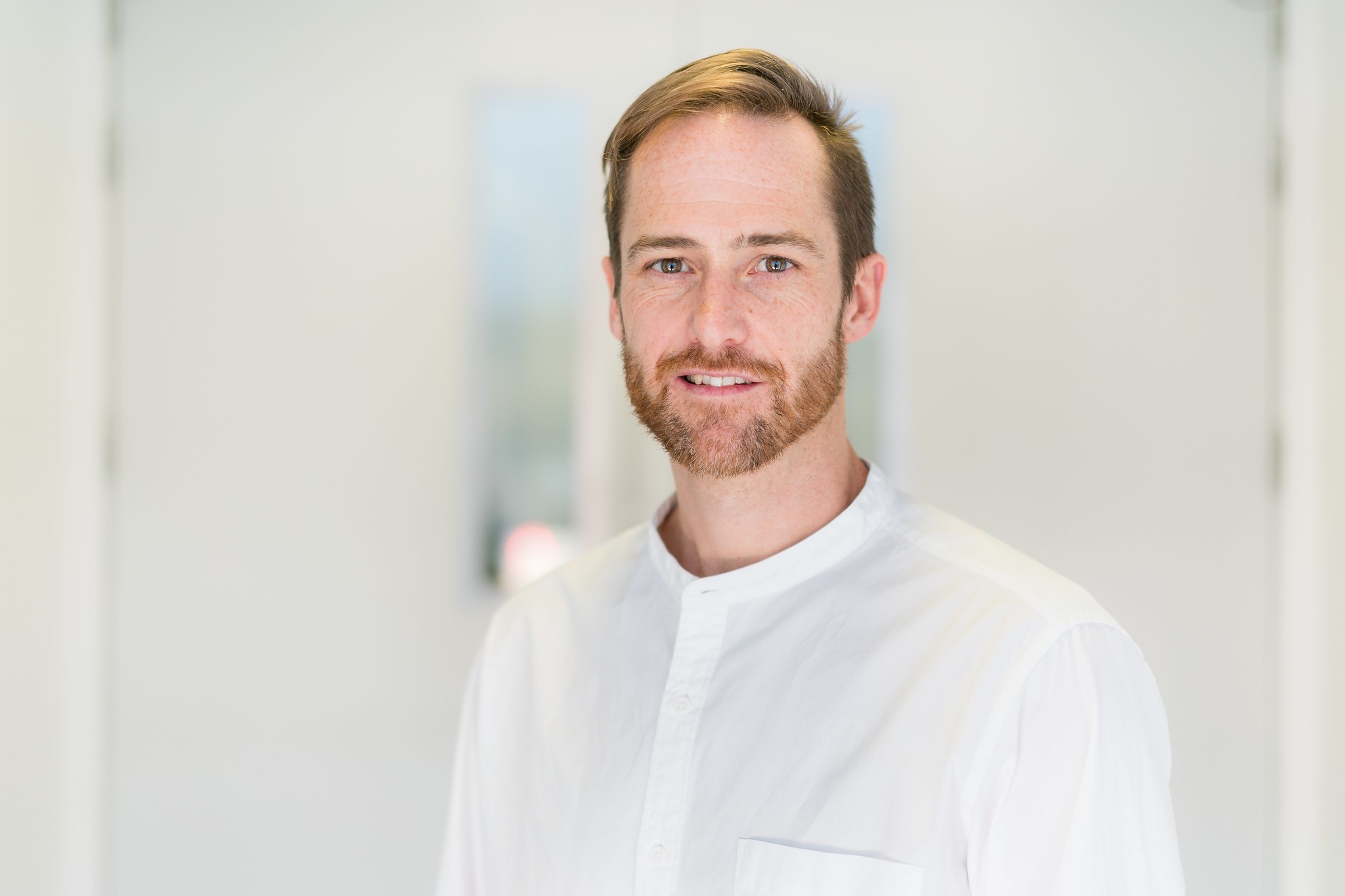This session will explore how forms of creativity can be an integral resource to governance and wider decision-making structures whether this refers to governments or organisations.
In a global context that requires dynamism and flexibility, could an artistic frame of mind contribute towards doing good and effective governance? How could expanding participatory decision-making boost innovation at a local or national level? The three guest speakers will draw upon their own experience and expertise to look into the evolving mindsets, methodologies, practices and experiments of today that could very well be tomorrow’s processes.
Urban strategist Margie Caust will discuss the concept of creative bureaucracy which might seem like an oxymoron even if most bureaucrats see themselves as creative. In this era where so much is complex and emerging, how governments engage a collective imagination will make all the difference. What might this look like?
Rafael Pascual-Leone, an architect specialising in human-centred design, will explore some examples of digital tools and platforms that have been developed to enhance citizen participation in decision-making at various scales. Special attention will be given to two contexts: toolkits involved in the management of living labs/ place-based innovation ecosystems, and tools to assist in participatory placemaking. With these examples and toolkits in mind, we'll reflect upon some of the areas within the Maltese context where new participatory tools might help enhance the creativity and democracy of decision-making.
Artist and academic Dr Anthony Schrag, will explore the role of the artist within cultural management and governance, and how creativity can (or cannot) be situated as part of management/governance, as well as the possible effects of this work. Much of this pertains to the concept of ‘invisible infrastructures’ and how these often hinder creative actions or necessary organisational change. Dr Schrag’s own artistic practice of being an artist-in-residence within (cultural) organisations in the UK, will be drawn upon, to explore these concepts, as well as looking at other case studies including the Artist Placement Group (1968 - 1981) and a recent project at Alchemy Film and Arts.
Speakers:

Margie Caust
Margie Caust is an urban strategist who helps cities and organisations rethink their assets to benefit from the opportunities of the creator economy.
As a former creative bureaucrat she led collaborative programs in London/UK and Adelaide to help governments work together in new ways and rethink their big picture ambitions. As an urban strategist she advises on the connection between creativity, entrepreneurship and government with a focus on the city. She co-wrote The Creative Bureaucracy and its Radical Common Sense with Charles Landry and there is now a growing movement of creative bureaucrats across the world as well as an annual festival. She is finalising the State of Creativity for South Australia and Adelaide as a project with Charles Landry.
She is a regular public speaker and was a keynote at the European Placemaking Week in 2019 and has spoken at the Creative Bureaucracy Festival each year since 2018. For the 2020 Creative Bureaucracy Festival she conducted a global survey on creativity in government. She is working on a book about mobilising the potential of creative bureaucrats.
Margie is a Fellow of the Royal Society of Arts, Manufactures and Commerce (RSA).

Rafael Pascual-Leone
Rafael has worked in research labs and architecture firms in Canada and Europe, following a Masters in Architecture from the University of Toronto and a B.Sc. in Computer Science from McGill University (Canada). Over the past three years, Rafael worked within the team establishing the Valletta Design Cluster, a new community creative hub in lower Valletta.
Rafael is passionate about open-innovation: bringing diverse stakeholders together to co-create solutions. An advocate for human-centered design, place-making, and design as a means of social empowerment, he has a special interest in the adaptive-reuse of heritage spaces and the design of community hubs that bring together diverse groups to address urban challenges.

Dr Anthony Schrag
Anthony is senior lecturer at Queen Margaret’s University (Edinburgh) leading on both the MA Arts, Festivals and Cultural Management and the MA Applied Arts and Social Practice. He is a member of the Centre for Communication, Cultural and Media Studies Research Centre, and acts as Lead for the Practice Research Cluster: Finding and Using Creative Knowledge. The central focus of his work examines the role of art in participatory and public contexts, with a specific focus on social conflict, agonism and ethics.
He is a practising artist and researcher who has worked nationally and internationally, including residencies in Iceland, USA, Canada, Pakistan, Finland, The Netherlands and South Africa, among others. He has been the recipient of numerous awards and grants including Royal Society of Edinburgh, The Hope Scot Trust, Creative Scotland, British Council, Royal Scottish Academy, the Dewar Arts Award, Standpoint Futures as well as a Henry Moore Artist Fellowship. In 2015, he walked 2638 km from the north of Scotland to the Venice Biennale to explore the place of participatory artworks within the public realm. His 2016 practice-based PhD explored the relationship between artists, institutions and the public, looking specifically at a productive nature of conflict within institutionally supported participatory/public art projects.
The artist Nathalie De Brie once referred to his practice as 'Fearless'. The writer Marjorie Celona once said: ‘Anthony, you have a lot of ideas. Not all of them are good.’
Join us on Tuesday 11 May 2021 at 18:30 on zoom. Register on https://bit.ly/3xwJYm3
Submitting ...
Saving ...
Any applications related to this entity, will also be automatically deleted.